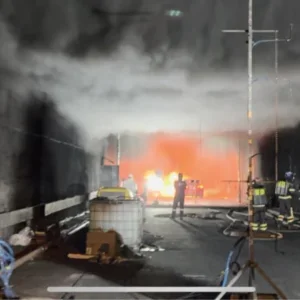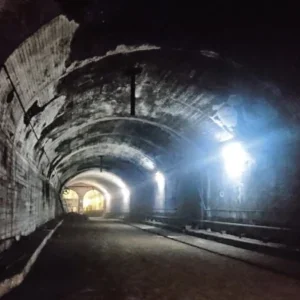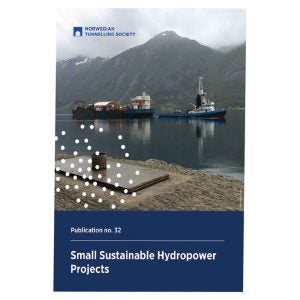Most, if not all, tunneling businesses will be looking to China to boost their returns over the coming years as previously buoyant markets slow. Understanding the opportunities that exist in the nation and its neighbours, how to integrate with local business and at the same time protect the companies’ self interest is probably the greatest challenge to overcome.
The size and importance of the market is plain. It was recently pointed out to me that some 70 per cent of China’s Harmony Express high-speed rail line from Wuhan to Guangzhou runs on elevated track or through tunnels. There are 226 tunnels on the 968km route. With some 25 000km of track to be completed by 2012 it is hard to perceive a greater challenge for the tunneling industry.
Many are already cashing in on this opportunity. Speaking at the T&TI conference in September Martin Herrenknecht told delegates he has 120 TBMs working in China. Manufacturers across the board have opened factories in the China to keep up with demand and benefit from the regions low production costs.
The industry is confident of China’s potential. On page eight a digest of a recent outlook survey shows some two thirds of respondents expect positive growth in the region, with the rest largely expecting the economy to maintain its current level.
But there are drawbacks to entering the market. Manufacturers distributing in China have had difficulty getting repeat orders for equipment. Once in China it is quickly replicated and sold for less. There are a couple of solutions being trialed. As mentioned above, manufacturers are opening factories in China to take advantage of the low production costs. This helps the firm deliver a more competitive price locally but doesn’t cover the r&d costs – which the replica hasn’t incurred.
The second is a silver lining to the issue. On page 16, Björn Rosengren of Atlas Copco tells technical editor Maurice Jones about his move to Shanghai. Rosengren says one tactic is to keep developing new technologies and thereby staying one step ahead of the replicaters. In this Atlas Copco is employing local skills and talent, of which there is plenty.
To keep selling to the largest tunnelling market in the world, manufacturers must keep developing new and more advanced solutions. If this is true, China will be a major driver of innovation and the industry worldwide will benefit. Watch this space.
Before I run out of space I’d like to welcome Kris Mole to the team. Kris has joined us as news editor after spending the past few years travelling Europe to cover transport news. London Daily Telegraph readers among you may already be familiar with Kris after one sharpeyed commentator drew the hilarious link between ‘Mr Mole’ and tunnels. I’ve just been told The Independent has gone with the same angle.
jon






